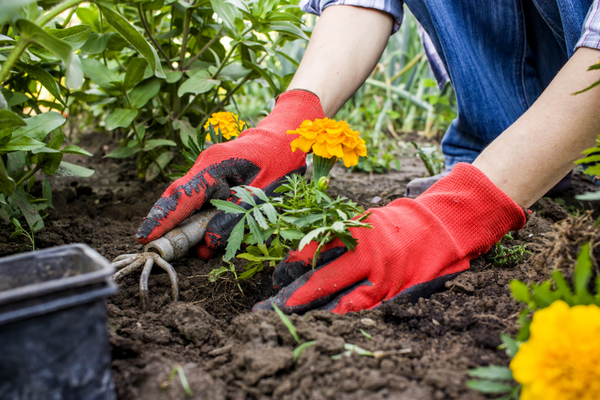How I Got Into Alt-Cycling and Why You Should Too
Custom bikes is good.

Last summer I starting biking in earnest, dusting off the old steel-frame Trek Multitrack 720 hybrid originally bought for my sister around the turn of the century that I appropriated during college. Madison has exceptional bike infrastructure for an American city, and I happen to live right next to the Southwest Commuter Path, a heavily-trafficked rail trail that charts a straight, relatively flat line towards the center of town in one direction and out towards the intersection of three other regional paths in the other. I instantly fell back in love with the freedom and exhilaration of riding, and soon wanted to upgrade my riding experience.
Gravel bikes – essentially just road bikes with fat enough tires and low enough gearing to handle unpaved surfaces – are certainly the hottest genre of bike these days, and after some contemplation of the options on the market and my fealty to Wisconsin-based brands, I invested in a Trek Checkpoint ALR 5 Driftless – not anywhere near the fanciness or expense of a high-end carbon gravel bike but not cheap, either.

Now, to be clear, this is in no way an alt-cycling bike. This is basically the most mainstream you can get. That said, I love this bike, and it's my road dog for whenever I want to go fast and go far. It's a beast at climbing hills, quick and responsive on descents, can handle all different surfaces, and makes me feel like a sporty, special bike boy.
But as I started exploring more bike-related content online, the all-powerful YouTube algo started steering me into directions increasingly oriented around home bike maintenance and customization. Around people who loved cycling not just for speed and exercise, but for the broad variety of practical and impractical applications it could have in all parts of life.
There was Probably Riding, who documented his life of commuting, errand-running, drinking coffee, and eating noodles in Seoul on a variety of bikes; Bike Breath, a consummately cool Canadian couple who made chill bike adventures seem massively appealing; The Bike Farmer, only a couple towns away in Lake Mills, grumbling and fixing up bikes while extoling the virtues of old steel Treks like my sister's, now sitting unused again in my garage; and, of course, the final boss of alt-cycling, Ronnie Romance.

Inspired by them and aided by the continual support of the Park Tool channel, I decided to turn my sister's old Trek into an around-town bike for shopping and slow riding. Something ultra-utilitarian, comfortable, and unfussy. So I fully dismantled it (challenging, often frustrating, given that much of it had never been taken apart or lubricated in the past quarter century), bought a bunch of new parts (challenging and expensive, a constant learning curve as I discovered all different bike part standards in play these days), and then repainted and reassembled the bike (challenging and even more expensive as I had to buy a bunch of specialty tools).

Needless to say, I was instantly in love. I spent hours browsing and contemplating the offerings of stores like Crust Bikes, Velo Orange, Rivendell, SimWorks, Blue Lug, Soma Fab, and various eBay shops. And – let's be honest – buying way too much stuff.

Within a few months, I'd bought a 1980s Miele lugged steel road bike frame from a guy in an old warehouse down by the tracks and began to build that up as well, using even more alternative alt-cycling componentry, with the goal of having a fast get-around bike, too. But at that point, I was already deluding myself. I built it just because I wanted to build it. Because I loved the feeling of tinkering and experimenting and constantly running into small, surmountable challenges, each of which educated me on some new intricacy of bike maintenance. And, at the end of the project, I got to ride it around!

That sort of engaging flow state with a clear objective and reward is much of what I've been missing in my actual work for the past several years. And unlike tinkering with digital products, they won't spontaneously stop working in a few years because the library you built your project on got deprecated or your web hosting provider decided to upgrade your PHP version or whatever. They'll be ridable and useful for you or whoever ends up owning them next.
Anyways, there are plenty of topics and communities and political advocacy groups attached to all of these that I've also become interested in, but that's another article for another time. For now, I'll end with saying that I think everyone should own and ride a bike, and not be afraid to tinker with it. Please ask me about my bike builds so I can talk about them for a very long time.




